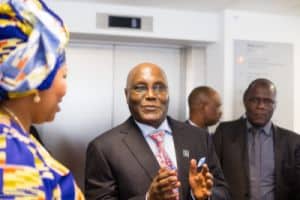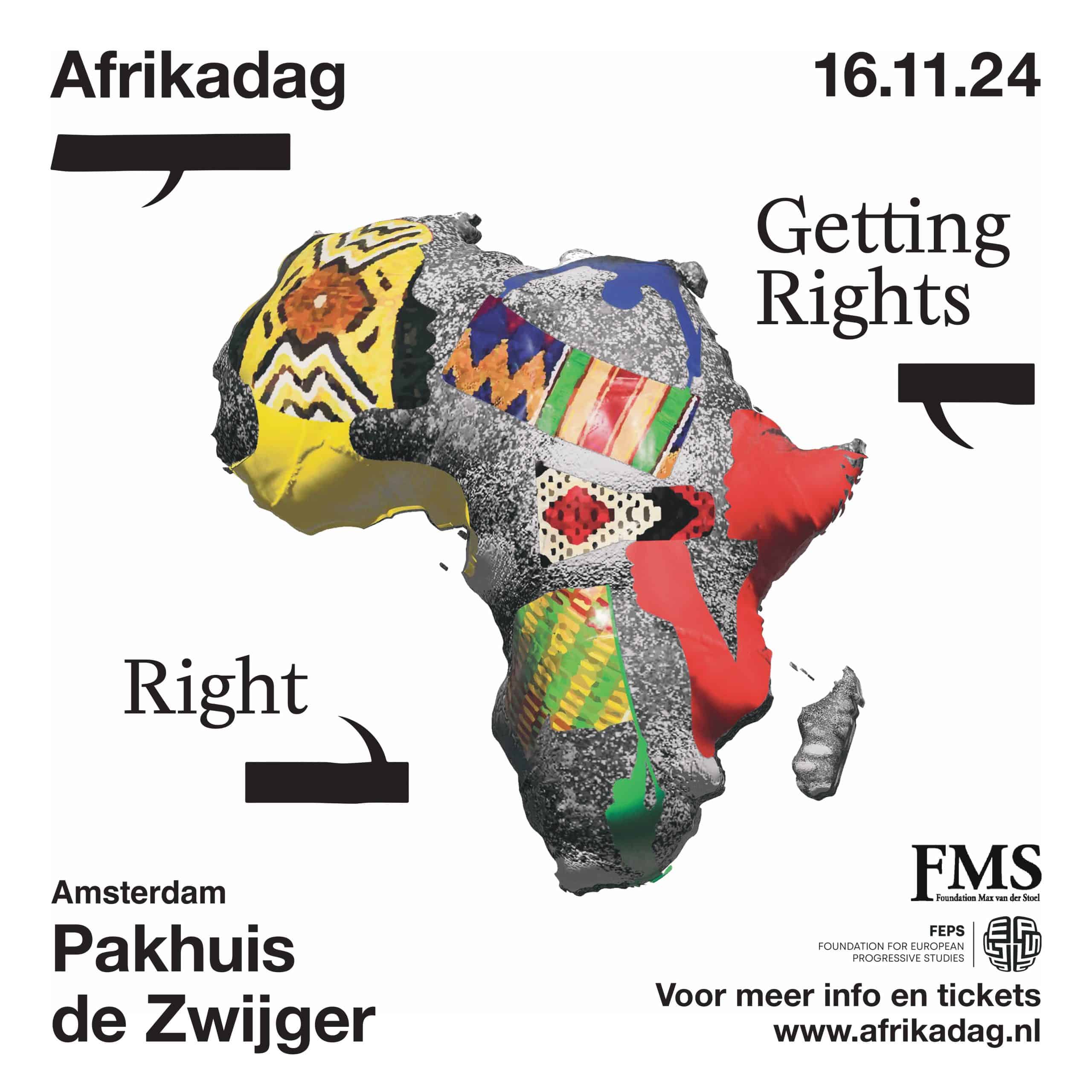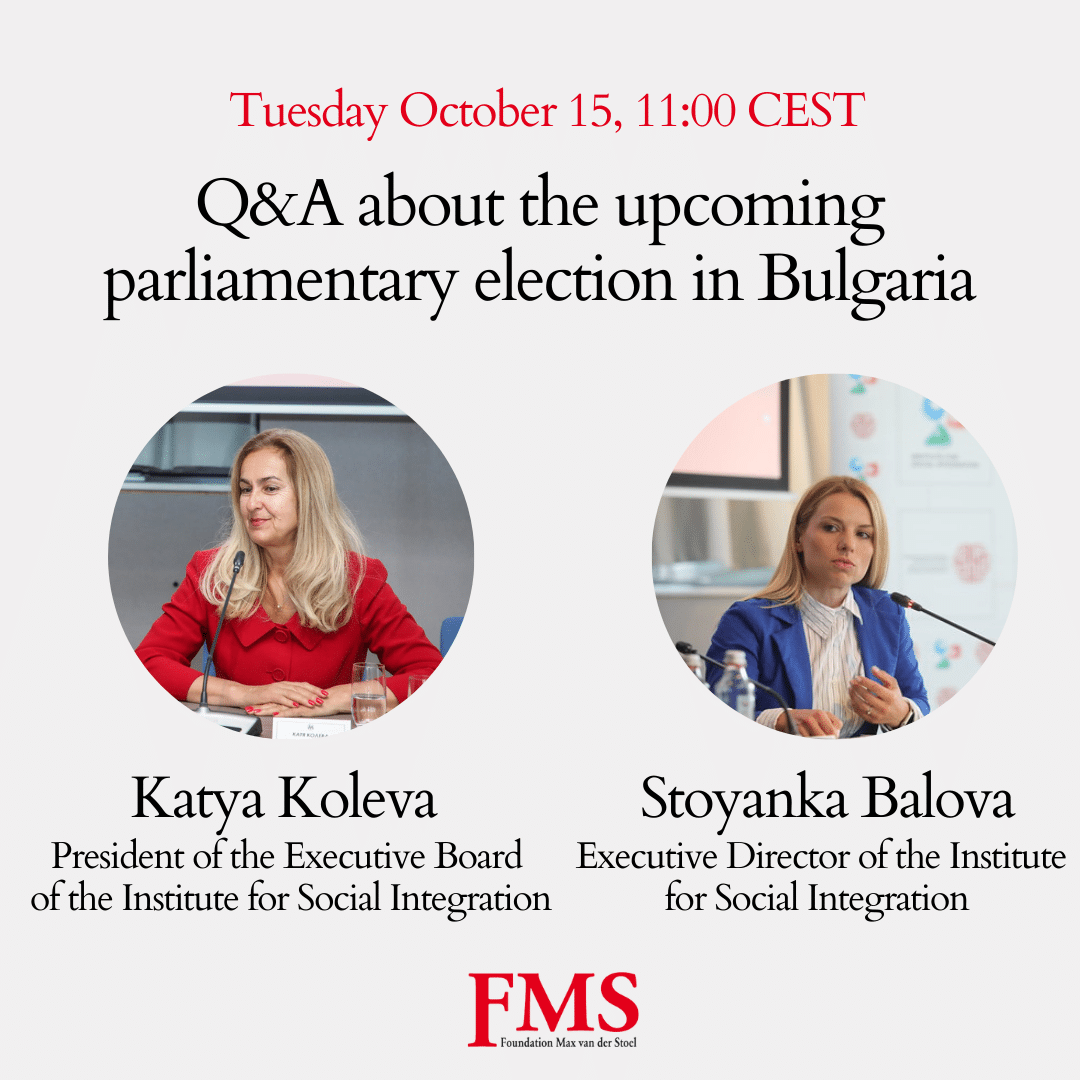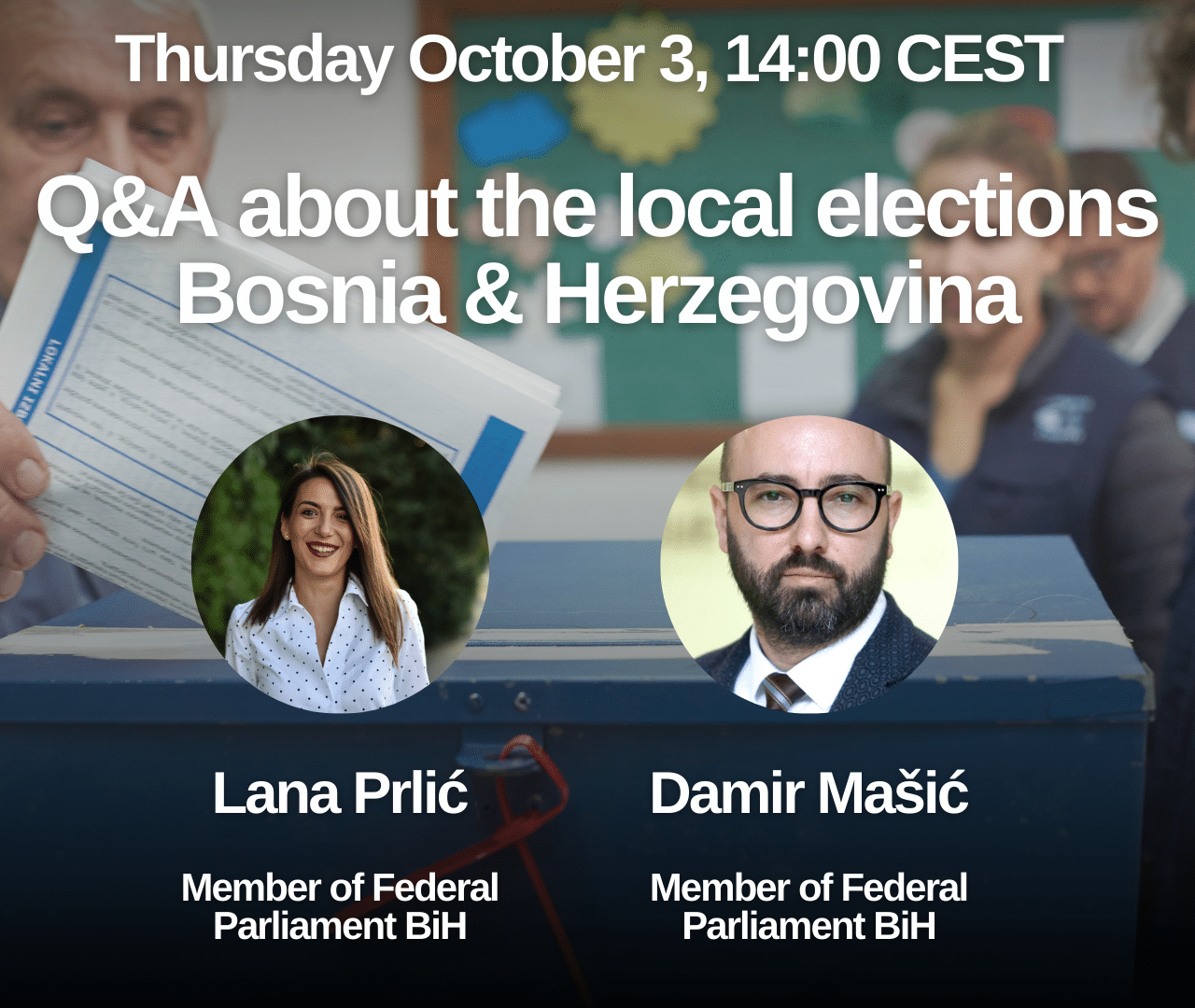On the 16th of February general elections were supposed to occur in Nigeria. The last time elections were held was in 2015, where voters could choose between Goodluck Jonathan and Muhammadu Buhari. People hoped this election would bring a new start. This year, Nigerian voters are choosing between the sitting president Buhari (76) and a new candidate, Atiku Abubakar (72). Both are known for being corrupt. The majority of voters in Nigeria do not feel represented by these men, especially the younger part of the population. On top of that, Nigerians never even got a chance to vote this past weekend: the elections were postponed. How did Africa’s largest democracy end up here?
The last elections ended on a positive note: when Buhari won Jonathan willingly transferred his power to Buhari. This was the first time a Nigerian president did so. The peaceful transfer combined with the fight against corruption gave Nigerians hope. Buhari was seen as someone who would break the cycle. This time however, many people are not so positive that the election will bring change. Nigeria is Africa’s biggest economy, mainly because of its oil. Still millions are suffering from unemployment and are unable to afford basic living. Youth unemployment is very high and it is said that the votes of this youth will have an important influence on the outcome.
Presidential Elections 2019
In this election people can vote for the current president Muhammadu Buhari and his party All Progressives Congress (APC). After his term he is no longer thought of as someone who can change the system. His campaign focussed on fighting corruption, however no arrests have been made during his four years as in office. The other main candidate is Atiku Abubakar, a former vice president and now candidate of the People’s Democratic Party. His reputation as a businessman has made him popular, but there are many accusations of corruption against him. In this election there is a total of 26 candidates, but these two are by far the most popular and therefore the only ones that stand a good chance at winning.
Nigerian Youth
Almost half of the Nigerian youth (between 15 and 34 years old) is unemployed or working beneath their level of education. President Buhari has made remarks that have not made him very popular with the younger generations. He stated that they expect housing, health care and education to be free, while not actively contributing to society. Millions of people tweeted in response to these remarks: “This is not our fault”. They feel that the government should provide more opportunity for young people.
Since the last election, more than 18 million new voters were registered, which brings the total of 84 million voters. The biggest portion of those voters is young and able to vote for the first time. They do not feel represented by these old leaders. Different organisations have tried to change the election rules for these people to feel more represented in the political system. An example is the movement “Never too young to lead”. Efforts of this organisation have resulted in the reduction of the age to 25 in order to be a Representative in parliament. This used to be 35. Unfortunately, the only realistic choice Nigerians can make in this election is to vote for one of the two senior candidates. Since young Nigerians do not feel represented by either of them, some even feel that voting is therefore useless.
Elections Postponed
Had everything gone according to plan, Nigeria would have had a newly elected president by now. However, the elections were postponed. Word got out on Saturday morning, only five hours before the start of the elections, that the vote would have to be postponed by a week. The reasons given were bad weather, sabotage and other logistical difficulties. The chairman of the National Electoral Commission states that the delay is necessary to ensure fair elections. Many Nigerians had already travelled for hours to be able to vote. Looking at the past, we could not have been surprised. This is the third time in a row a Nigerian election gets postponed. Opposition blames the sitting government. However, these previous postponements also show us that there is still hope for a fair election. The opposition is less positive, they believe that this is a way for the sitting president to influence the outcome.
The elections are now scheduled this weekend, on the 23th of February. At this moment it looks like the elections will actually take place that day. Let’s hope that many people, young and old, can find the opportunity to vote.





